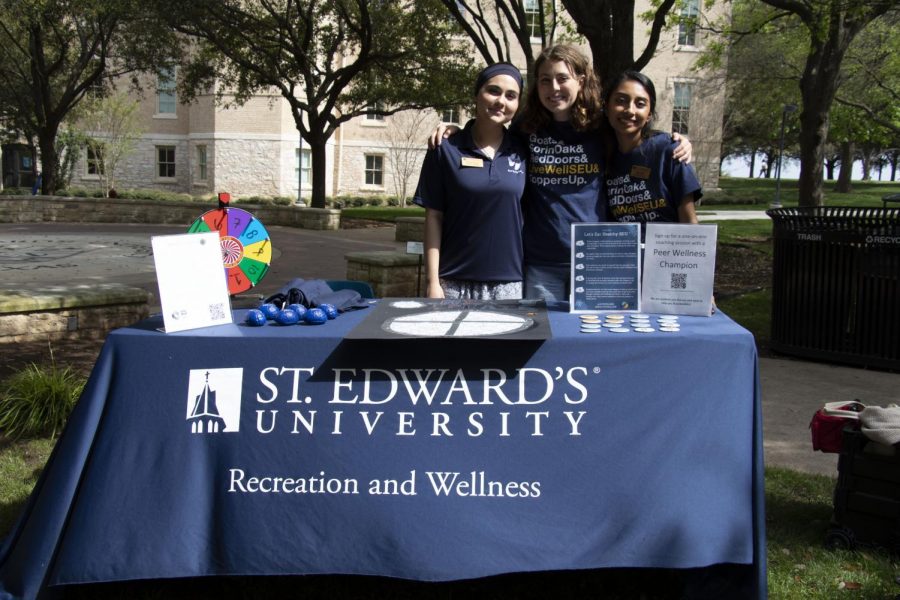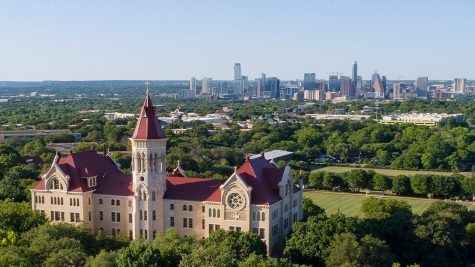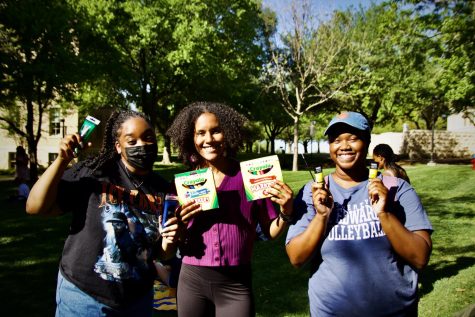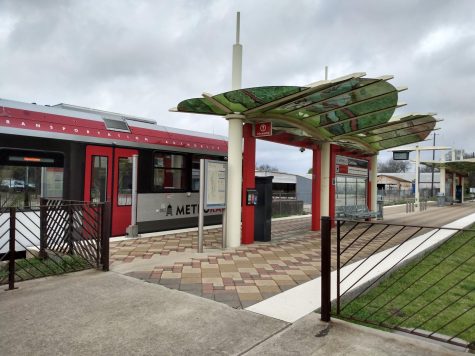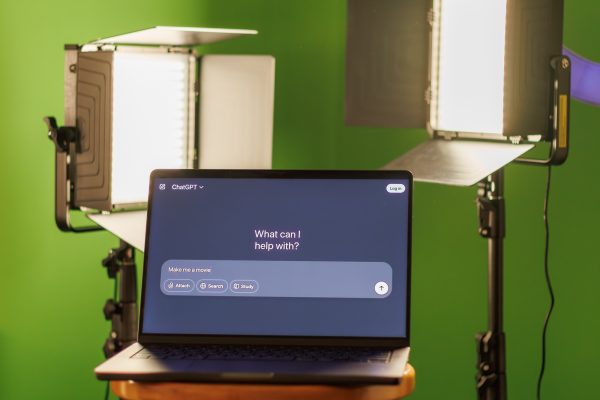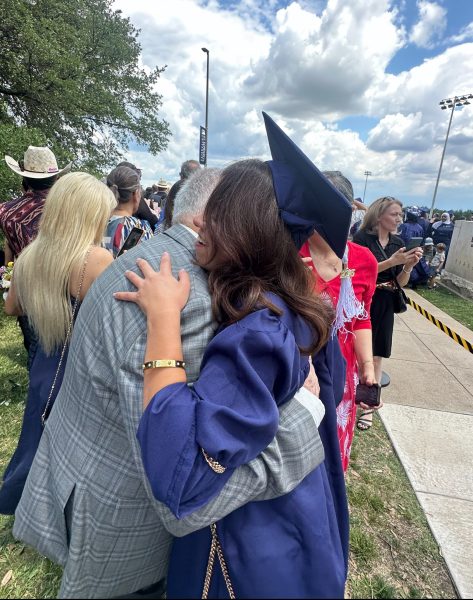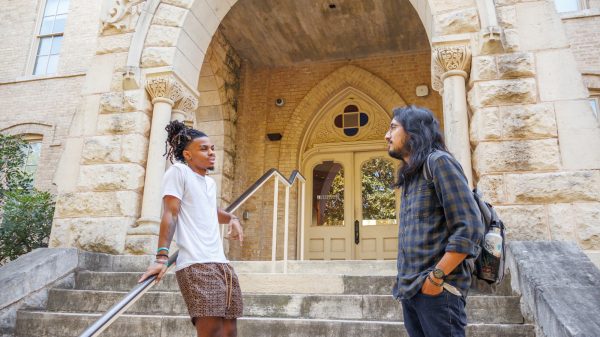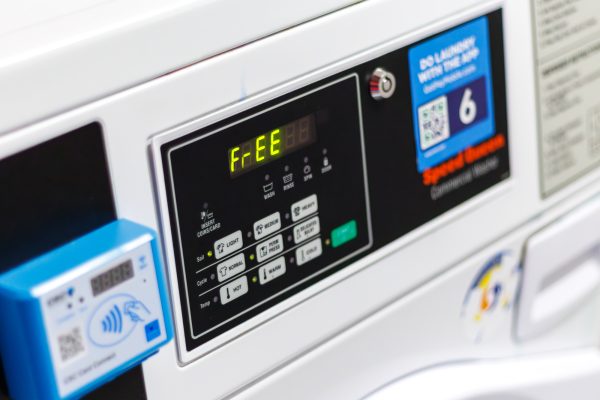Peer Health Educators enrich campus by educating students
Peer Health Educators promote student engagement in holistic wellness at St. Edward’s University, according to their mission statement.
There are many misconceptions and misinformation when it comes to college students, nutrition, finances, and food insecurity. When it comes to college students being able to make nutritious choices, it is a lot more difficult than it may appear. St. Edward’s Peer Health Educator Outreach program (PHE) has hosted events on campus discussing this topic as well as potential solutions and resources.
According to the St. Edward’s University website, the goal of this program is to “receive peer-to-peer education on various health topics, engage in interactive games and activities, and walk away with some awesome prizes and resources!” It is designed to educate students and faculty on the statistics of available resources and food insecurity among college students.
The definition of food insecurity is often misunderstood, or even unknown. Food insecurity is defined by Healthypeople.gov as “the disruption of food intake or eating patterns because of lack of money and other resources.” Another website cites a study in 2018 that states 36% of college students have reported a lack of stable housing, as well as experiencing hunger. This is vastly different from 2015 results, which show that approximately 11% of students reported food insecurity. This increase is the result of financial aid availability decreasing, while tuition has been increasing.
Making nutritious choices as a college student is a lot harder than many assume, as outside resources heavily affect decisions regarding diet. Affordable Colleges Online details these outside factors and how they contribute to a college student’s risk of experiencing food insecurity. Risk factors include those who suffered from food insecurity as children, those in minority groups or those who may have suspended their education at one point due to financial reasons. Therefore, many students who report being food insecure also report resorting to the most inexpensive options such as fast food.
St. Edward’s Peer Health Education Outreach program strives to make students and faculty aware of how many college students actually experience food insecurity. We can see that food insecurity is a real problem for students, making them resort to inexpensive options and making the quality of the food less of a priority. Peer Health Education Outreach program members Vania Neri, Sophie Sanati and Kate D’Agostino are passionate about this issue and aim to educate students and faculty through events.
“Instead of normalizing starving college students, let’s normalize a healthy hilltop,” D’Agostino says.
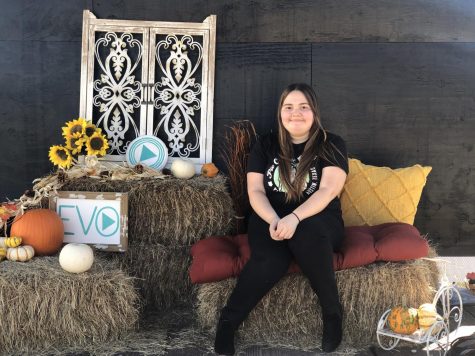
I'm Isabella Bass, and I'm a junior Writing and Rhetoric major with a concentration in Journalism and Digital Media. I've lived in Austin my whole life,...

